As everyone knows scats (stools) are one of the most disgusting things on the planet for us. But, not for certain animals. It is a thing of requirement for their lives.
We will be amazed to find that even non- human animals also developed networking styles. While we use Facebook, Linked in, What’s app as our social networks, rhinos like White rhinoceroses use their poop as their social network. Their dung loads give chemicals which convey one individual about other individual’s gender, reproductive status, territory etc. To gain access, these bulky pachyderms do not have to type in password or search for a person as we do. Instead, they just have to sniff the dungs in a midden (their local toilet) to obtain the information.
A person would be considered very much abnormal if he/she eats dung. But, it is perfectly fine if these animals feast on dung. Not their own but also other’s dung. This habit called caprophagia is found in rabbits, dogs, some non-human primates and even young ones of koalas, elephants and hippos. Totally gross for us but not for them. This is really effective as these scats contain essential nutrients and even undigested materials. But for the young animals, feasting on poop produces a good bacteria in their guts crucial for normal digestion. Indeed, these crucial things would have been wasted had these animals not feasted on them.
It is not just mammals but birds do use these gross stuff. Vultures are one of such birds. These scavenging raptors apply poop on their feet to beat the heat. One species i.e. the Egyptian vulture feasts on ungulate’s (hooved animals) dungs. Not for its health, but to improve its appearance. These feces boost the yellow and orange colors on its skin. This can come handy while wooing the females. Thus, the piles of dung act as cosmetics for these raptors (birds of prey).
One of the popular animals in this category are insects like dung beetles. They feast on them as their name tells. They are also beneficial in agriculture as they bury and consume the dung which leads to improvement in nutrient recycling and soil structure. Amazingly, these insects also remove cattle dung by not providing habitat to flies. Indeed, these hard working critters could also be farmer’s best friends.
Of course, poop is something which we don’t but these animals will find them very useful for their survival.

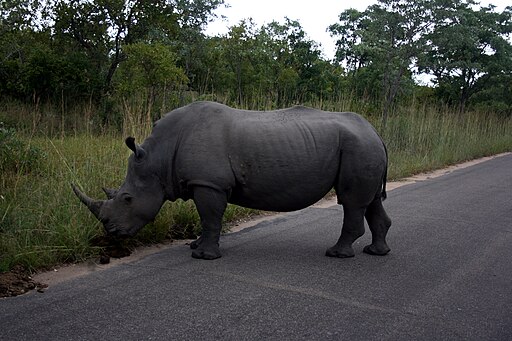
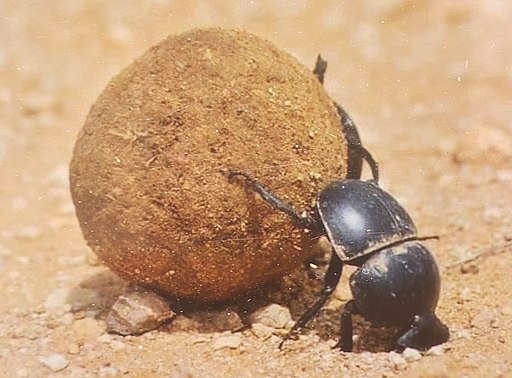
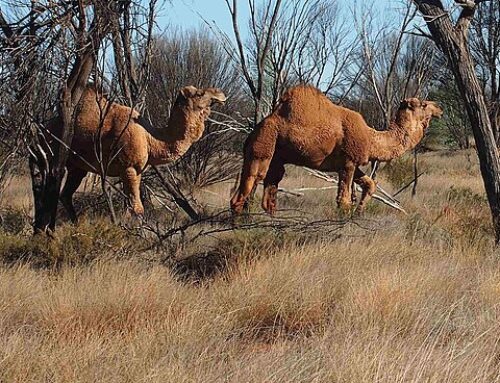
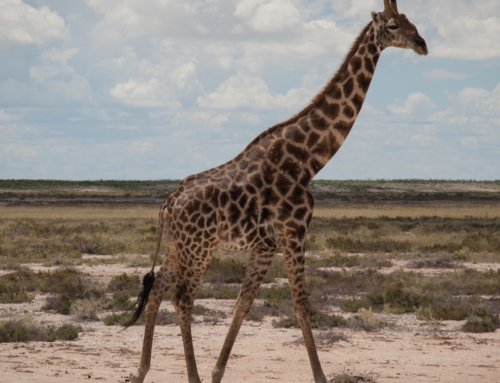
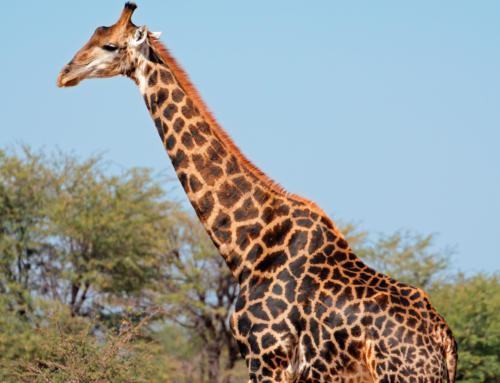
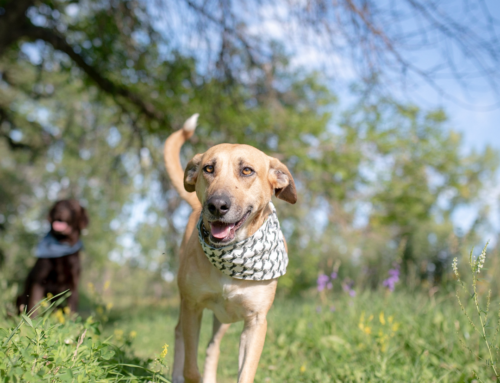

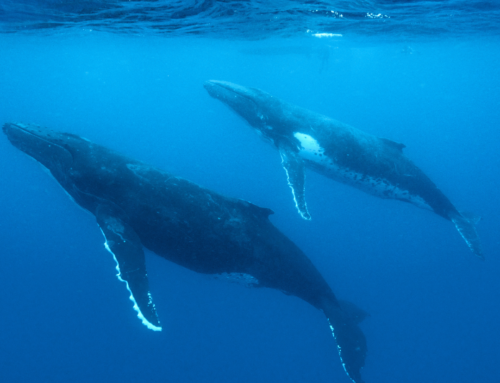
Get Social